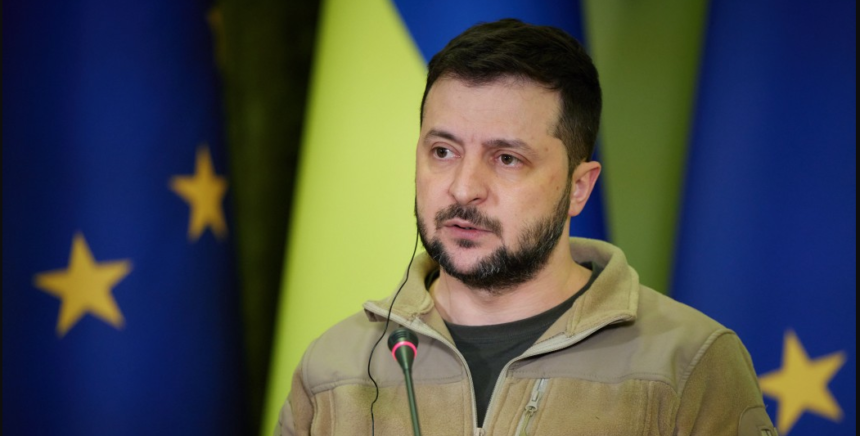I recently came across three news articles worth thinking about. The first article discussed the U.S. government’s role in promoting the export of guns, which often cause violence in developing countries.Here it is bloomberg:
Last October, a recently fired police officer invaded his son-in-law’s nursery school in a remote area of northeastern Thailand and killed 23 children and two teachers within 30 minutes. Panya Kamrab cut some of the victims to death with a sugarcane knife and shot others at close range with a pistol, including three local government employees who were eating lunch outside the school. The rampage, which killed a total of 36 people, is one of the deadliest in Thailand’s history and one of the worst in the world.
The killer’s gun, the Sig Sauer P365 — was popular The company developed a gun small enough to be easily concealed but big enough to hold 13 rounds, and traveled more than 13,000 miles from its factory on the rocky coast of New Hampshire to Thailand’s lush Nong Bua Lamphu province. moved. This was a growing number of semi-automatic handguns and rifles exported by U.S. firearms manufacturers and linked to violent crimes. . . . The federal government helped push international sales of rapid-fire guns to record levels.
Is the U.S. government responsible for the deaths caused by the gun exports it encourages, or are the people who use the guns responsible?
Here it is politiko:
Secretary of State Antony Blinken ended three days of meetings in China on Friday with a stern warning to China’s leadership — stop exports of goods that will enable Russia to rebuild its industrial base or face U.S. sanctions. You will have to face it.
Blinken said Chinese state-owned enterprises provide critical components to Russia’s defense industrial base, such as microelectronics and machine tools, and that they have “significant implications for Ukraine” and that “Russia is not a European nation.” “This poses a growing threat to the world,” he said. Press conference in Beijing on Friday.
Is the Chinese government responsible for how Russian machine tools and microelectronics are used?
To be clear, there are good arguments for China to cut off exports of key raw materials to Russia. However, it is also important to recognize that countries often prioritize their own economic interests over those of smaller countries on the other side of the world.a Episode 3 is investigating just such an incident, with disagreements between the U.S. government and Ukraine on the issue of drone strikes against Russia.
The United States has called on Ukraine to halt attacks on Russian energy infrastructure and warned that drone strikes risk pushing up global oil prices and triggering retaliation, according to three people familiar with the talks. .
Repeated warnings from Washington were relayed to senior officials at Ukraine’s state security service, the SBU, and the General Directorate of Military Intelligence, known as the GUR, people familiar with the matter told the Financial Times. . . .
One official said the White House was growing increasingly frustrated with Ukraine’s brazen drone attacks that hit refineries, terminals, warehouses and storage facilities across western Russia and damaged oil production capacity. Told.
Russia remains one of the world’s most important energy exporters despite Western sanctions on its oil and gas sector. Oil prices have risen about 15% this year to $85 a barrel, and fuel costs are soaring just as U.S. President Joe Biden begins his re-election campaign.
In both the United States and China, there is a conflict between foreign policy interests and domestic economic interests. The Chinese economy benefits from exports of manufactured goods to China, and the US economy benefits from lower global oil prices. On the one hand, a Chinese embargo would help Ukraine by weakening Russia’s defenses, and drone attacks on Russia’s oil sector would deny Russian funds that help finance the war machine. become. How should these dilemmas be resolved?
As far as I know, the US wants China to sacrifice itself to help Ukraine. In fact, the US government feels so strongly about this issue that it has threatened to impose sanctions against China if Beijing does not introduce sanctions against Russia. (Interestingly, indian export The value of industrial goods destined for Russia has doubled recently, but the US has not threatened economic sanctions against India).
On the other hand, the US government seems unwilling to make any sacrifices when it comes to drone strikes. Drones are becoming an increasingly effective weapon, but we are asking Ukrainians to make a sacrifice by not using them against Russian refineries. Rising oil prices may cause inconvenience to consumers.
To be clear, I do not claim that there are easy answers to these questions. Instead, I want people to think about how these questions would be viewed if the roles were reversed. What if guns exported from China were causing mayhem and murder in many parts of the developing world? How would we feel about that? How would the Chinese feel if the US government sanctioned China over machinery exports to Russia? How would Americans feel if the EU sanctioned the United States because they believed that America’s cheap energy policies were contributing to global warming?
Everyone is passionate about certain issues. (I am a passionate supporter of Ukraine’s defense of the homeland.) But people from different countries often feel passionate about different issues. I don’t know if it’s reasonable to expect a consensus. We also don’t know if it’s wise to sanction everyone who differs from our views. Especially when it comes to exempting countries from sanctions simply because they are our “friends.”
PS. Recent stories foreign affairs It has indicated that Ukraine’s drone attacks on Russia will not increase global oil prices, further weakening Washington’s position on the issue.







